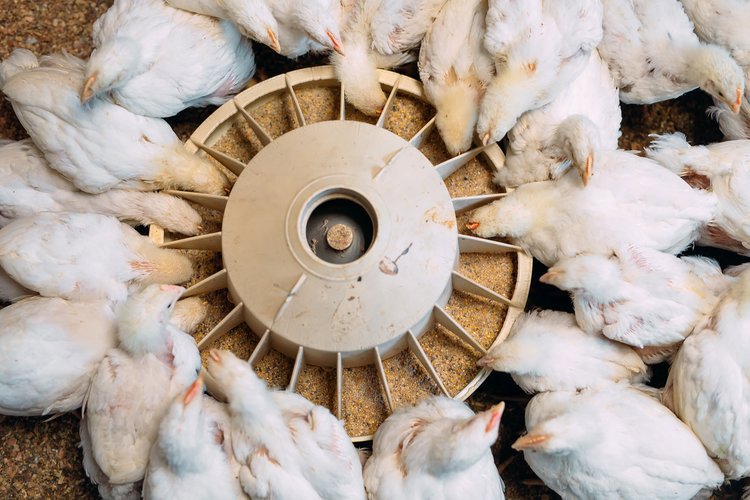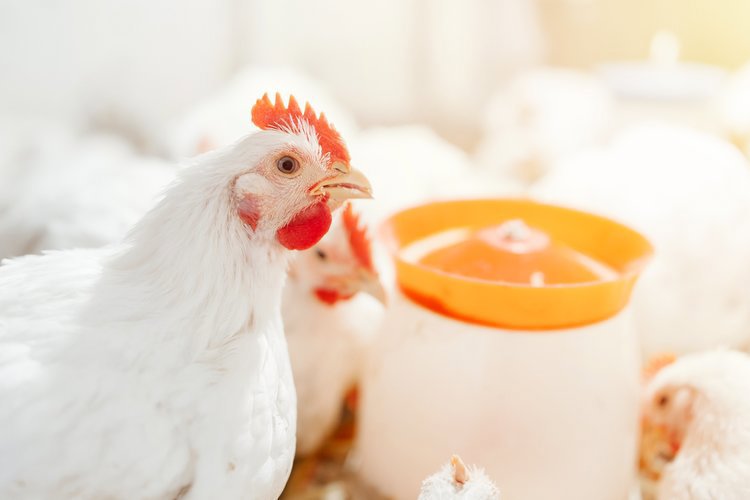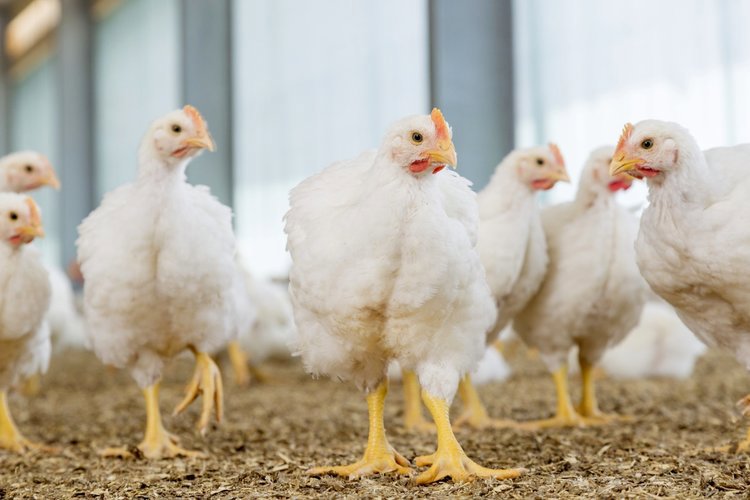Effect of L-glutamic acid N,N-diacetic acid on the availability of dietary zinc in broiler chickens
- Scientific Journal

When an animal can be fed efficiently while maintaining good health, this positively impacts both performance and profitability. Since feed costs make up most of a livestock farmer’s total costs, ensuring optimum nutrient intake that translates to growth is crucial. Nutrient losses for other physiological processes has a significant impact on production efficiency.

Water is the most important nutrient for broilers. The nutritional quality of feed, its safety and delivery form all play a crucial role in ensuring a healthy and regulated feed intake. Excellent microbial and chemical quality in water is important as broilers consume twice as much water as feed. Water is a key factor in thermoregulation and as a carrier for additives, such as medication, supplements, etc.

Reducing reliance on antimicrobials is crucial in tackling the challenge of antimicrobial resistance. Limiting preventable antibiotics allows essential antibiotics to remain effective when needed to support broiler and human health. The emphasis on this matter is further heightened through the increasing demand for antibiotic-free broiler meat, as a result of increased awareness of the associated risks.